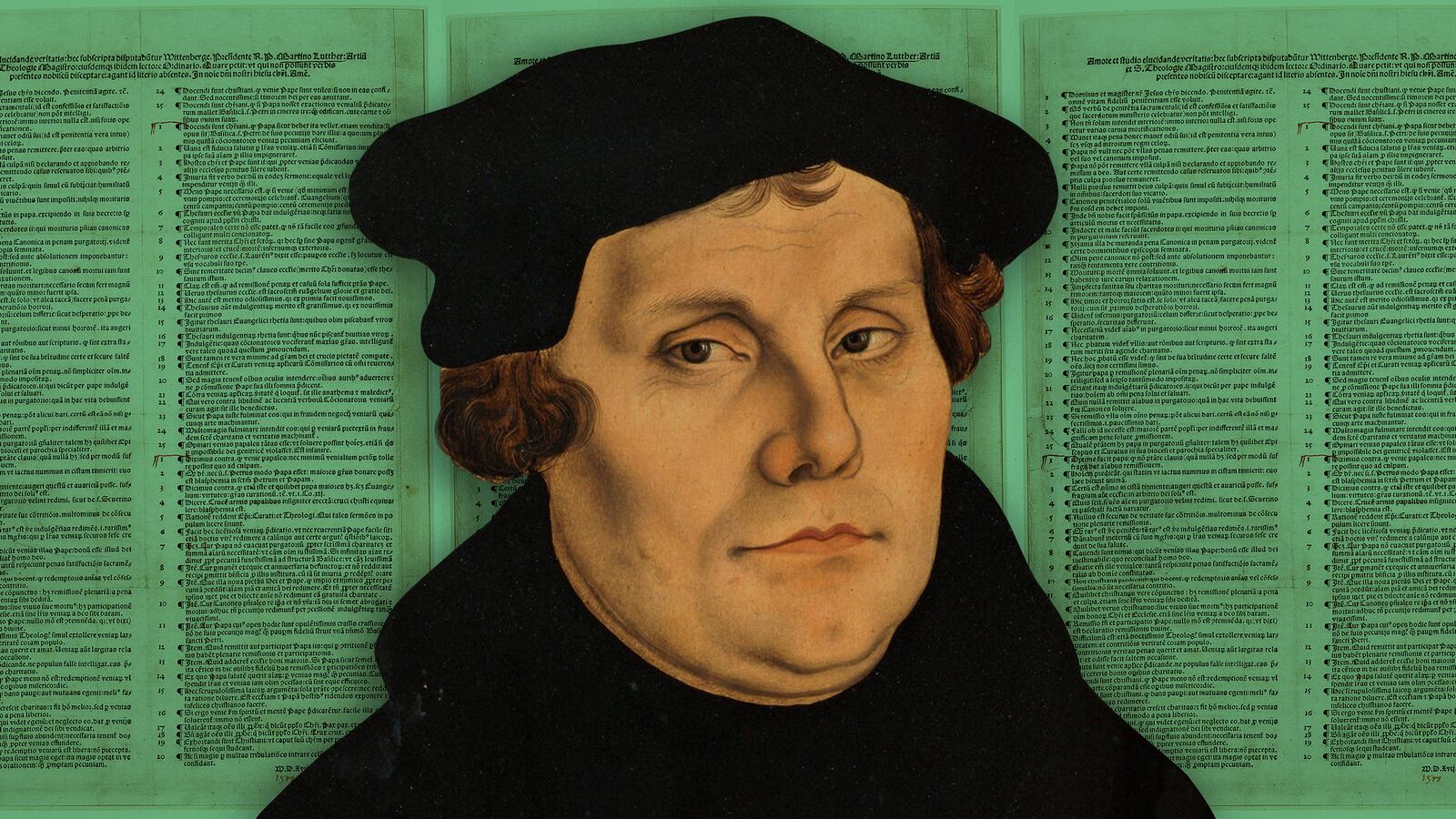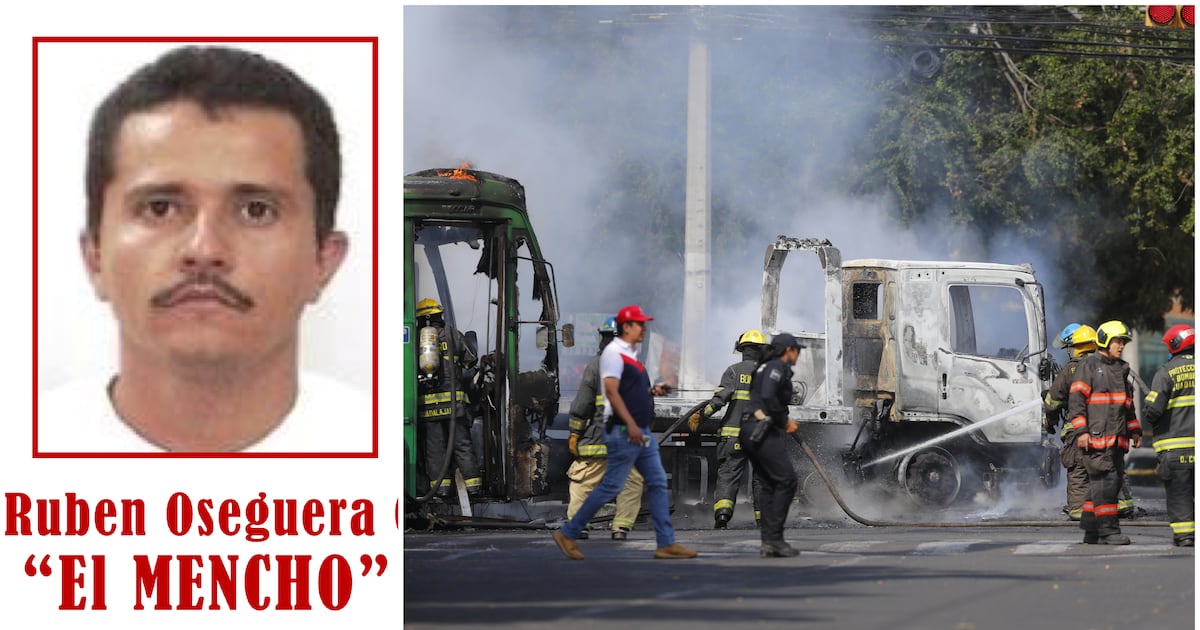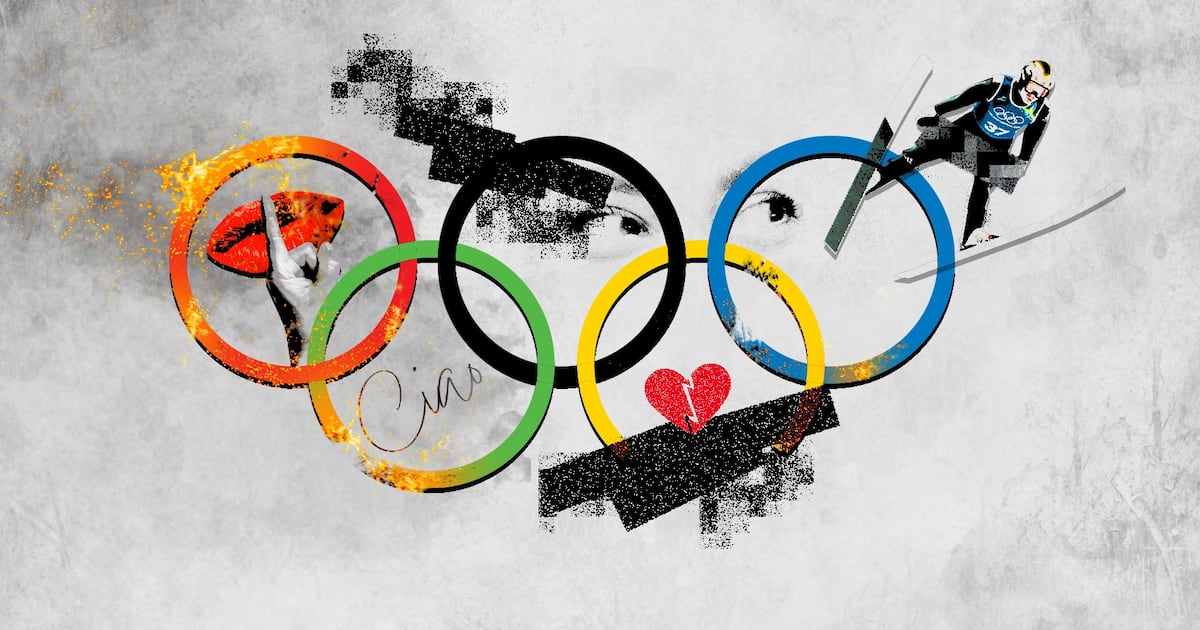Five-hundred years ago, a monk named Martin Luther wrote his 95 Theses and—while he likely didn’t nail it to the Wittenberg Castle Church door, as legend has it—his words launched the Protestant Reformation, setting Europe on fire—both figuratively and literally.
This Oct. 31 is the anniversary of that decisive point in history. For many Christians, this commemoration marks a dramatic shift, as never in history have old wounds between traditions felt closer to healing.
“Majorities or pluralities of adults (including Catholics, Protestants and people with no religious affiliation) in all 15 countries surveyed across Western Europe say Catholics and Protestants today are ‘religiously more similar than they are different’,” says Pew’s study of Europe.
Likewise, in the U.S., approximately, 6-in-10 adults—57 percent of Protestants and 65 percent of Catholics—believe the two are “more similar than different, religiously.”
Why did the church originally divide?
Luther’s belief that Scripture alone is the sole authority for doctrine enabled him to question the church. Scripture, he argued, said that Christ’s death fully satisfied the penalty of sin. The Protestant mantra became: justification is by grace alone, through faith alone, because of Christ alone. At the time, Luther had no intention of leaving the church he hoped to reform, but his theological fury led to his inevitable excommunication as a heretic and the splintering of Christendom.
But now that chasm between Protestants and Catholics appears to be closing. Pope Francis once surprised reporters by calling Luther a “reformer,” who rightly protested the “corruption of the Church,” though “some methods were not correct.”
Luther’s methods would have fit right in with the tenor of social media today. They included commissioning woodcuts depicting the Pope as the “Whore of Babylon” from the book of Revelation, and another in which Satan is defecating out the Pope and his cardinals (“Birth and Origin of the Pope”). That message that Rome worked for the devil had longevity. In the 18th century, for example, evangelicals like Jonathan Edwards saw Rome as the prophetic anti-Christian beast of Revelation. Even today, there are Christians—a minority—who maintain these views.
Needless to say, Protestants and Catholics have a rocky past. But today?
“Today,” added Francis, “Lutherans and Catholics, Protestants, all of us agree on the doctrine of justification. On this point, which is very important, he [Luther] did not err.”
Broadly speaking, the tone has definitely changed.
“Lutherans and Catholics, globally and locally, have been in dialogue for fifty years,” says Rev. Dr. Kaisamari Hintikka, assistant general secretary for ecumenical relations and director for the department for theology and public witness of the Lutheran World Federation. “During these decades we have grown to better understanding and appreciating [of] one another, and today it is quite natural for us to say that there is more that unites us than divides us.”
Hintikka says that “on the global level the most important steps towards a shared understanding are the Joint Declaration on the Doctrine of Justification in 1999, From Conflict to Communion in 2013, and last year the Joint Catholic-Lutheran Commemoration of the Reformation in Lund and Malmö.”
In these documents, she says, Catholics and Lutherans express what they have in common, fostering service to the world jointly. “We hope that what we have reached in the global level, in our theological understanding and [in] taking steps closer to unity, will help Catholic and Lutheran communities to overcome such obstacles.”
According to Jason Adkins, the executive director of the Minnesota Catholic Conference (MCC), the Pew study is indicative of “the decline of theological and denominationally affiliated Protestantism.” The MCC, which frequently works with Protestants (Lutheran, Presbyterian, evangelicals, etc.) on social concerns they share, is an example of these global ecumenical discussions expressed locally.
“I think this is actually drawing Catholics and evangelicals closer,” he tells The Daily Beast. “We both believe in Jesus as Lord, the authority of Scripture, and traditional Christian morality. Protestants are discovering the importance of a sacramental view of the world and of liturgical life. Catholics are more evangelical in their prayer and have a stronger focus on missionary discipleship and evangelization.”
Rev. Fredric Hinz, public policy advocate for the Lutheran Church Missouri Synod in Minnesota also sees the change in perception between Catholics and Protestants. He believes it is determined by what people choose to focus on, and that both have “simply chosen to shift” that focus to the similarities “which have always been there.”
“In earlier times,” as he sees it, “virtually all members of our society operated under certain common assumptions about reality, i.e. that we are created (not evolved) beings; that there is a fixed moral code toward which we are all attempting to conform—that we are, in fact, ‘one nation under God.’ Today, these assumptions are broadly and openly challenged by many, including many in elite society who in turn are advancing radical and destabilizing changes in our societal structure.”
This results in Catholics and Protestants unifying, he notes, as “co-belligerents” on shared concerns, such as abortion, marriage, sexuality, or religious liberty.
Of course, it should be noted that not all Christians agree on the social issues driving some of these ecumenical efforts. Progressive Christians—in parts of mainline Protestantism and a minority of evangelicals—are frequently liberal, LGBTQ+ (or allies), pro-choice, and feminist. These issues, which are more of a powder keg today, are likely to remain a dividing line between some Christians.
“In Minnesota, Catholics and evangelicals have come together especially on issues of immigration reform and historic biblical marriage,” says Carl H. Nelson, president and CEO of Transform Minnesota: The Evangelical Network, which also works with the MCC.
“We have advocated publicly together. Catholic and evangelical clergy have signed public statements together. And we have learned from each other.”
This “kindred spirit” is made possible, says Nelson, by Vatican II, an ecumenical council of the Catholic Church held between 1962 and 1965. The decisions of this council made it possible for Christians of different backgrounds to pray and work together. (In 1994, for example, a controversial document—Evangelicals and Catholics Together—was signed by prominent theologians in both traditions.)
Nelson says that Catholics and evangelicals both “take the Bible seriously,” and “believe that the death and resurrection of Jesus is the only means of salvation.” He adds, however, that “deep theological differences” remain on the veneration of Mary, the authority of the Pope, and the sacraments.
“I do think the gap is closing, from both sides,” says Peter Leithart, president of Theopolis Institute, which teaches “cultural renewal by renewing the church.” He is also a regular contributor to the ecumenical journal, First Things.
He too points to Vatican II. Since then, he says, “there have been ongoing dialogues between Catholics and various branches of Protestantism. A recent joint Lutheran-Catholic document calls Luther a ‘witness to the gospel,’ and Catholics are joining Protestants in celebrating the 500th anniversary of the Reformation.”
Leithart notes that ecumenical dialogue has influenced Protestants to think more like Catholics. “Even Evangelicals,” he says, “who have historically been hostile to Catholics, have begun to worship a bit more like Catholics.” He adds, however, that joint efforts between Protestants and Catholics have run into limitations.
“In some parts of the world (Latin America), Catholic-Protestant relations are strained. Some sectors of Protestantism are still strongly anti-Catholic, and there are Catholics who are suspicious that the Church is becoming too friendly to Protestant ‘heretics.’ And, despite real convergence at some points, some fundamental differences remain—on obvious issues like Papal infallibility and the doctrines about Mary.”
This suspicion of cozying up to heretics was recently amplified by over 60 Catholic clergy and lay-scholars in the church on Sept. 24, through the publishing of the “Filial Correction.” In the document, theologians take issue with what they see as Pope Francis’ endorsing of heresy, noting his particularly “unprecedented sympathy” for the theology of Martin Luther on issues of justification and the sacraments.
Clearly, ecumenical talks may not have healed all theological divisions, from within and without the Catholic Church, but they are bringing some like-minded Christians together. There may always be calls for Reform in some form or another, and not every theologian may agree on what it looks like.
From a Lutheran perspective, “reformation is ongoing,” says Hintikka. “We are called by God, to critically reflect how we communicate the gospel so that it speaks in a relevant way to people in different contexts. In a rapidly changing world this is an important task for every Christian community.”
“The gap between Catholics and Protestants is at least closing on the cultural front,” says Chris Castaldo, an evangelical lead pastor of New Covenant Church (Naperville, Illinois) and co-author of The Unfinished Reformation: What Unites and Divides Catholics and Protestants After 500 Years. This is a positive thing, as he sees it.
But “on a theological front,” Castaldo notes, “particularly with reference to religious authority and salvation, we remain deeply divided.” He insists that Protestant and Catholic dialogue should always be gracious, but adds that “unless the Catholic Church undergoes radical reform according to Scripture, the Reformation will necessarily continue.”
On the 500th anniversary, the rift between Protestants and Catholics remains largely a work in progress, with some traditions closer to each other than others. But whatever the future of Christendom looks like, there are those who always appear perpetually optimistic.
Earlier this year, Pope Francis called the anniversary an opportunity for Christians to engage with “renewed vigor,” reminding a Lutheran ecumenical delegation from Finland that, “theological dialogue remains essential for reconciliation.”
“In that communion of harmony which permits the Holy Spirit to act,” he tells them, “we will be able to find further convergence on points of doctrine and the moral teaching of the Church, and will be able to draw ever closer to full and visible unity.”






